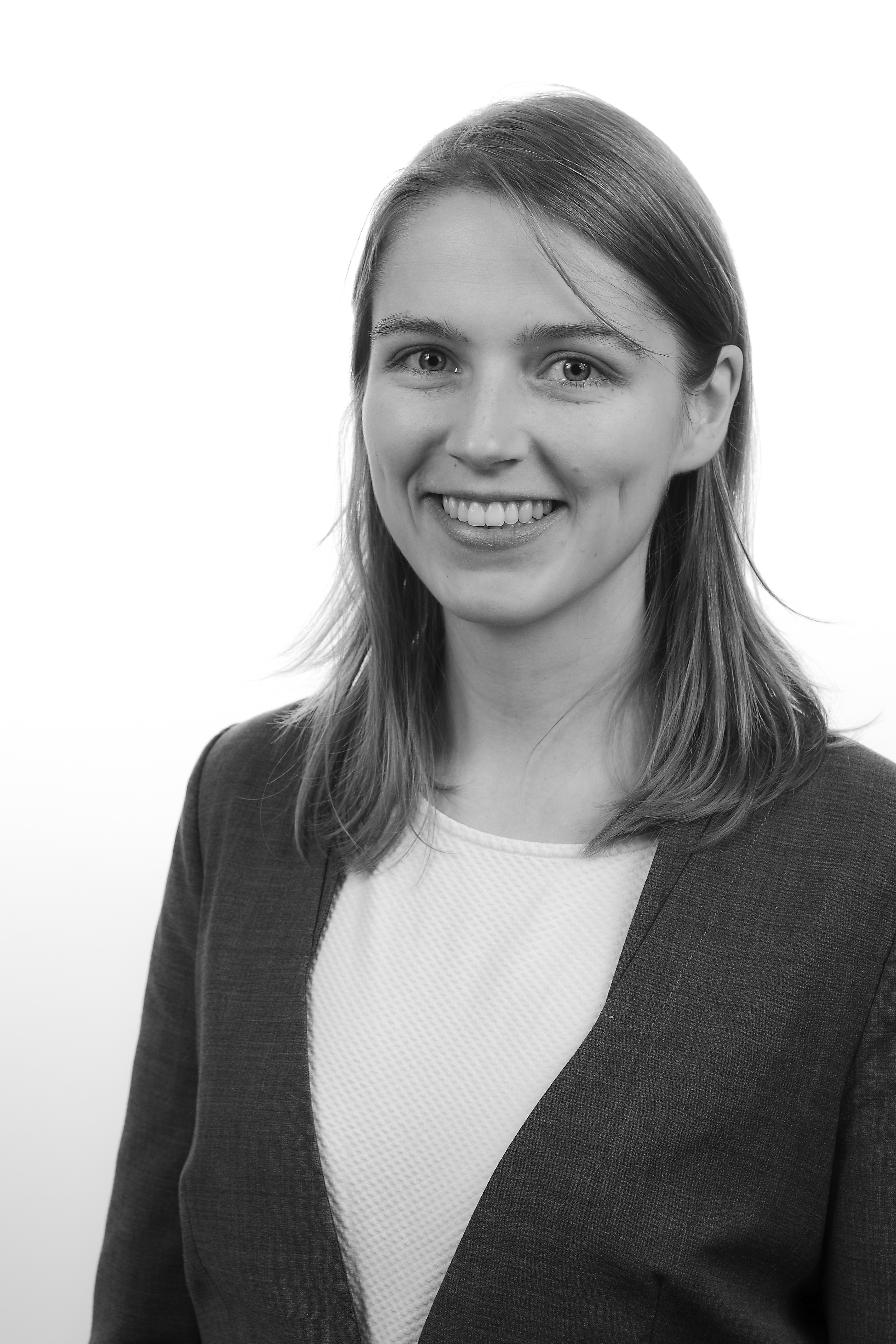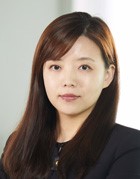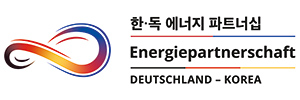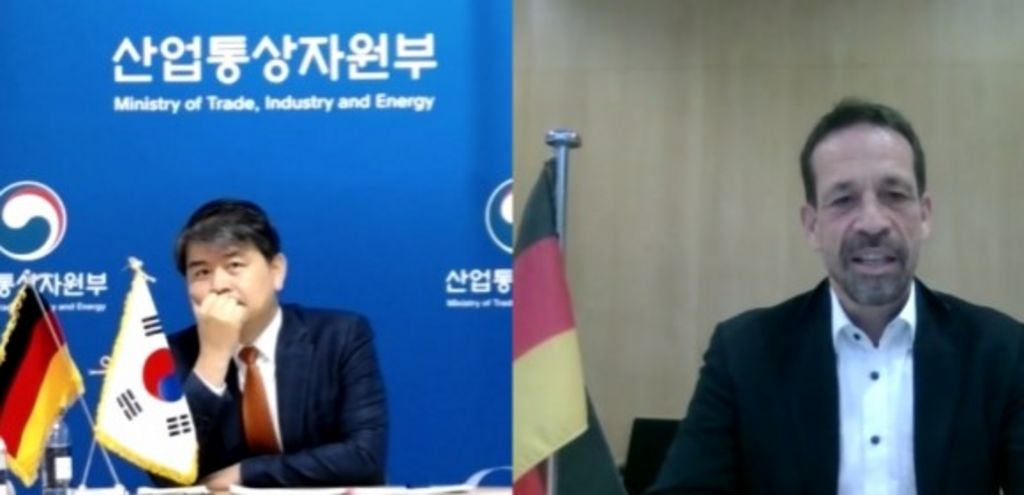Day One – Start of the Conference and the Question of a Socially Just Energy Transition
Each of the three days was centered around a main topic. On the first day, the focus was on the opening speeches, which were held by Mr. Young-joon Joo, Deputy Minister for Energy and Resources of MOTIE, and Mr. Thorsten Herdan, Director General Energy at BMWi. In addition, two high-ranking industry representatives, Dr. Jochen Eickholt, Member of the Executive Board of Siemens Energy, and Mr. Hae-Weon Lee, Ph.D., Executive Vice President of Doosan Corporation, presented their perspectives on the energy transition in both countries. Afterwards, further exciting discussions between the participants developed in smaller networking sessions.
After the opening, the first day focused on the socially just implementation of the energy transition in combination with the phase-out of coal. Several representatives of science and politics, Dr. Raphael L’Hoest, Deputy Director General Competition and Structural Policy at BMWi, Dr. Euy-seok Yang, Senior Research Fellow at the Korea Energy Economics Institute, Dr. Felix Matthes, Research Coordinator for Energy & Climate Policy at the OekoInstitut, and Dr. Hyoung-beom Yeo, Research Fellow at the Chungnam Institute, as well as the mayor of Bottrop, Germany, Mr. Bernd Tischler, exchanged views on possible solutions in an exciting panel discussion. Particularly interesting was the contribution of Dr. Matthes, who focused on the professional perspectives of young people in affected regions, and the elaborations of Mr. Tischler, who explained that structural change can also open up new opportunities for cities like Bottrop.
Day Two – Green Hydrogen and a Virtual Industry Exhibition
The topic of the second day was green hydrogen. In this context, experts from Korea and Germany first exchanged views on the role of hydrogen for their economies. Both Dr. Nak-Hyun Kwon from H2Korea and Mr. Diwald from the German Hydrogen and Fuel-Cell Association emphasized in their opening statements the importance of green hydrogen for a decarbonization of both economies. In the following panel discussion, in which Dr. Matthes and Ph.D. Jae-Kyung Kim, Head of the Gas Policy Research Division at KEEI, also participated, the focus was on how cooperation between Korea and Germany can promote the global market ramp-up of green hydrogen. Afterwards, a virtual exhibition on hydrogen was organized by the German Energy Solutions Initiative. In this venue, participants had the opportunity to get to know different German and Korean companies and to get in contact with them.
Day Three – Offshore Wind, Solar, and the Implementation of Renewable Energy
The third and last day rounded off the event with a look at renewable energy production. In several sessions, both offshore wind and solar energy were examined from different perspectives. First, after short input presentations by Ms. Jana Narita, adelphi, and Mr. Seong-Woo Park, General Manager of the Wind Power Project Division at the Korea Energy Agency, participants discussed how the acceptance of offshore wind energy could be improved. Even though some differences between the German and the Korean situation became obviousduring the discussion, the panellists also found many commonalities, for example the inclusion of local residents, where both countries could learn from each other. Afterwards, Mr. Minuk Jung, KEPCO Research Institute, and Mr. Herzig, Managing Director of the World Forum Offshore Wind, addressed cost reductions in offshore wind energy. Especially Mr. Herzig's presentation on how fast costs had fallen in Germany offered hope for a similar development in the Korean market.
After another networking session, where participants could exchange ideas for cooperation on the main topics of the conference, the second part of the day started with a session on building-integrated solar power. Following presentations by Dr. Seung-yeop Myong, KETEP, and Ms. Roos, representatives of Hanwa Q Cells, HHS Planer und Architekten AG and Shinsung E&G presented demonstration projects from Germany and Korea.
The last day and thus a very interesting and successful conference was concluded with contributions from Ms. You Kim from MOTIE and Dr. Glanemann from BMWi, who expressed their thanks for the conference and emphasized the potential for Korean-German energy cooperation.
(This text is originally from https://www.adelphi.de/en/news/successful-virtual-3rd-korean-german-energy-day)



